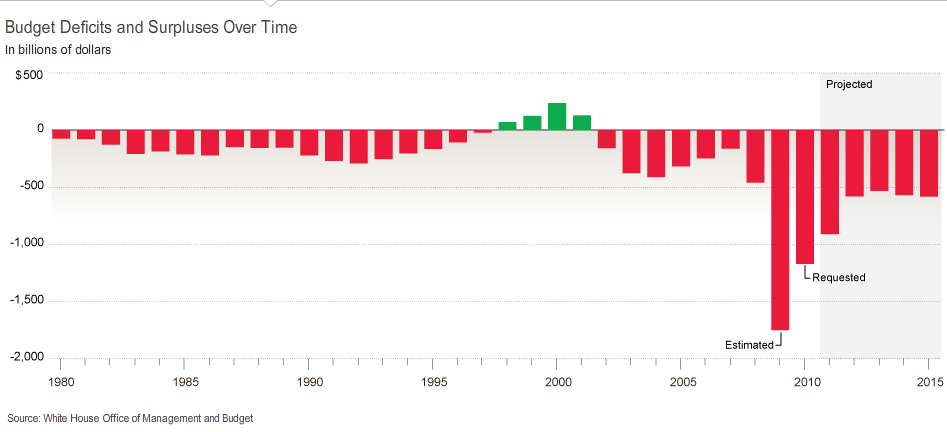Oh Come on ID. You couldn't possibly be that obtuse. Rasmussen is a joke. Everyone knows they are a lap dog of the Republican party. Hell even Fox polls are more objective and reliable then Rasmussen.
You look like a moron when you say shit like this. Show where and how Rasmussen statistically has it wrong so that you can back up your claim ...hint- saying "everyone (whoever they are) knows, is not a factual argument....it's a moronic one.


